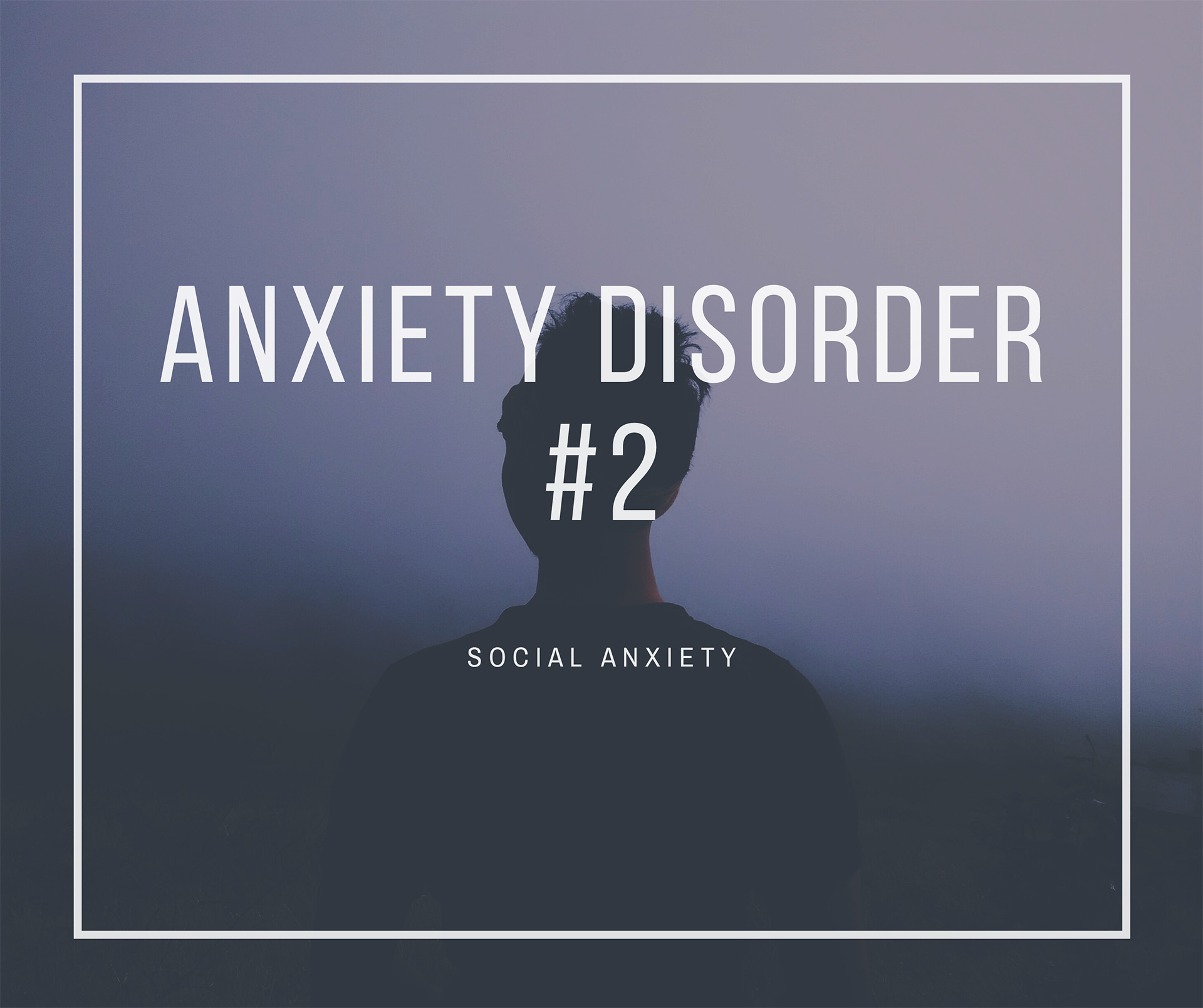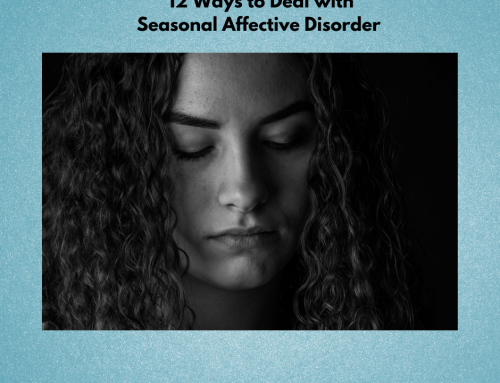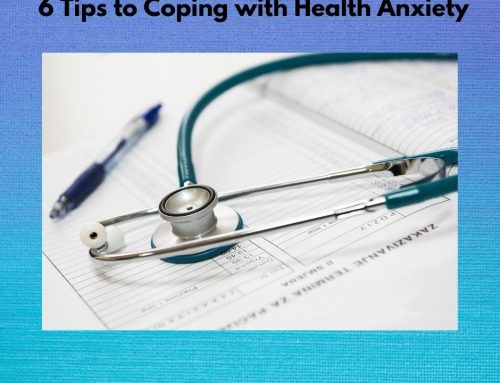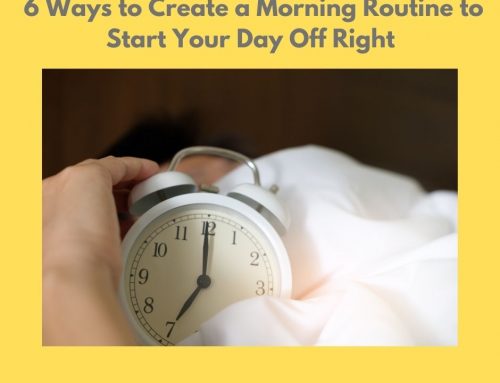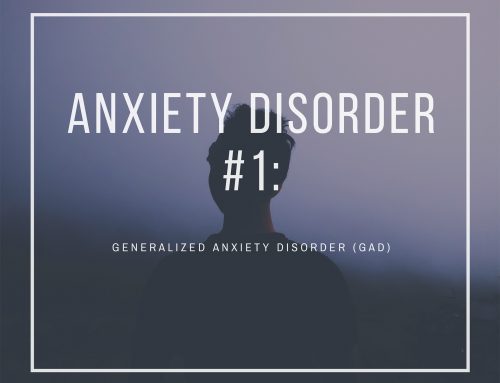Have you ever found yourself worrying excessively about going to events where you know you’ll see lots of people? Do you try to avoid those places? Do you have difficulty making friends and keeping them? If you answered yes to any of these, you may have social anxiety.
What exactly is social anxiety and what does it look like? We’ve all had moments when we’ve felt nervous entering a crowded room or worry about saying the right thing. I know I’ve definitely been in that position. I always try to get to events either early or just on time, because I hate walking into a crowded room. You can imagine how much I dreaded walking down the aisle at my wedding. You know the ooh and the aah moment, when everyone turns their eyes on you. Well that moment put my stomach in knots. If I recall correctly, I think I even tripped a little bit. And then there was the dance. Not the first dance, but a dance. I remember them setting up a moment for my husband and I to dance to a song by Led Zeppelin, All of My Love. It went on forever! And they had the guests circle around us while we danced. The whole time I was thinking “when will this be over.” Attention is one thing I don’t crave. I probably should have just eloped!
But is this social anxiety? Let’s break social anxiety down into three categories. How it makes you feel (physical), think (fears) and act (behaviors).
Physical:
- Racing heart
- Pounding heart
- Upset stomach
- Sweating
- Lump in your throat
- Trembling or shaking in fear
- Shaky voice
- Dry throat
- Blushing
- Chronic pain
Emotional/Fears:
- Fear of being judged negatively
- Fear of being humiliated
- Being tongue-tied
- Fear of being the centre of discussions or attention
- Nervousness
- Need to escape
- Feeling stressed out and under pressure
- Worrying about embarrassing yourself
- Fear of making a mistake or saying something stupid
- Worried that others find you unattractive, boring
- Spending time after a social situation ruminating over how it went and what people may have thought of you
Behaviors/Actions:
- Avoid social situations
- Arrive late and leave early
- Drinking as a way to cope
- Avoiding eye contact
- Avoiding telephone calls
- Offering to help out as a way to avoid making conversation
When does Social Anxiety usually occur?
- Going to school or work
- Eating in front of others
- Going to a party
- Buying something or returning something to a store
- Dating
- Using public washrooms
- Speaking in public
- Entering rooms
- Starting a conversation
- Talking to strangers
You don’t have to experience all of these symptoms to have social anxiety. In fact, some might not be a problem for you at all.
And what’s even more amazing is how some people can be one way at home and then completely different when out in public. At home, you may find yourself dancing and singing, feeling confident and capable. While the flip side of you is a nervous wreck when around people. You think to yourself “Please don’t touch me.” “Don’t look at me.” “Don’t ask me anything.” “I want to go home.” “If I don’t say anything, maybe they won’t know I’m here.” “I’m not going to make any eye contact.”
Social anxiety usually begins in the early to mid teenage years, but can begin earlier or later into adulthood. There’s not one thing that causes it, but it has been linked to genetics, a history of bullying or teasing and having overprotective and/or controlling parents. As well, it’s been shown that kids that are shy are more likely to become socially anxious adults. There’s also a structure in the brain called the amygdala. The amygdala plays a role in an individuals fear response. People with an overactive amygdala, tend to be more fearful, thus causing an increase in anxiety in social situations.
Having social anxiety disorder can disrupt your life and have a great impact on your daily living. It can affect work, school, daily routines, friendships and family life. If left untreated, social anxiety can control your life. What are some of the effects of social anxiety?
Effects of social anxiety:
- Low self-esteem
- Poor social skills
- Substance abuse such as drinking
- Fewer friends
- Impact on employment and academic opportunities
- Sensitivity to criticism
- Depression
- Negative thoughts
Is there any way to manage social anxiety disorder? Well, there’s no cure, but there are steps that you can take that will minimize the symptoms and help you take back control of your life.
- Seek help. Don’t try and go it alone. The sooner you ask for help, the sooner you can figure out techniques that work for you. Anxiety is lonely and having someone to share your feelings with, can have a large impact on how well you cope.
- Watch your diet and your consumption of unhealthy substances. Nutrition is an important factor in managing anxiety. Try to stay away from caffeine and processed foods. As well, limit substances such as alcohol and nicotine. They can both increase feelings of nervousness.
- Balance your life. Make sure that you include self-care into your daily routine. Having things that you look forward to and that make you comfortable helps reduce anxiety.
- Practice deep breathing. It can be helpful to practice deep breathing before a stressful social situation.
- Challenge your negative thoughts. If you find yourself saying “I’m going to do so badly on this presentation.” Challenge that thought and try saying “I’ve given presentations before and they’ve gone well.”
- Create a list of goals for yourself. Make a list of goals and prioritize them. Set yourself up for success by making them small and achievable. For instance, a goal might be to make eye contact with one person in a social situation. Nothing more. Just eye contact. And remember, it’s okay to feel uncomfortable and nervous. Accept your feeling as just a feeling and try not to react to it.
People can and do overcome social anxiety. Make a conscious effort to apply the above strategies to your life, as well as others you find that work for you. It can be done!

